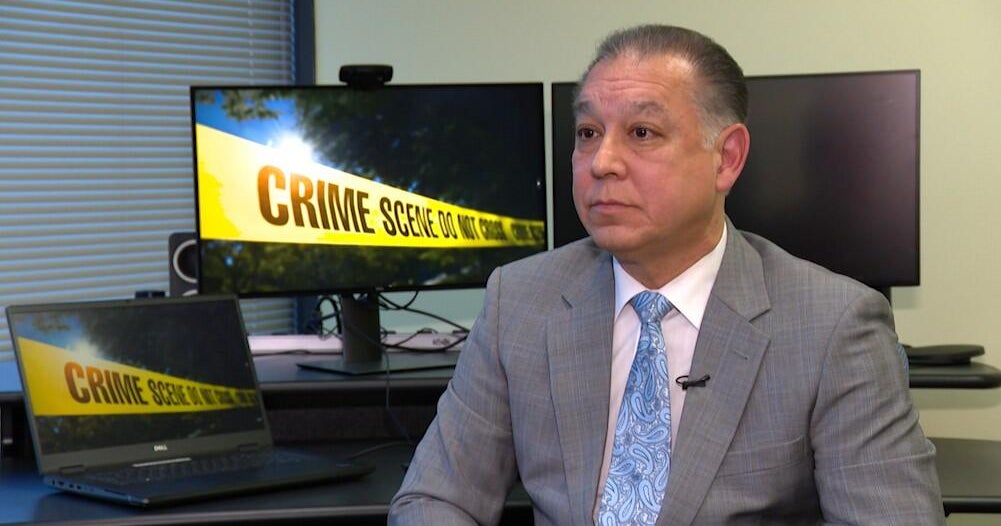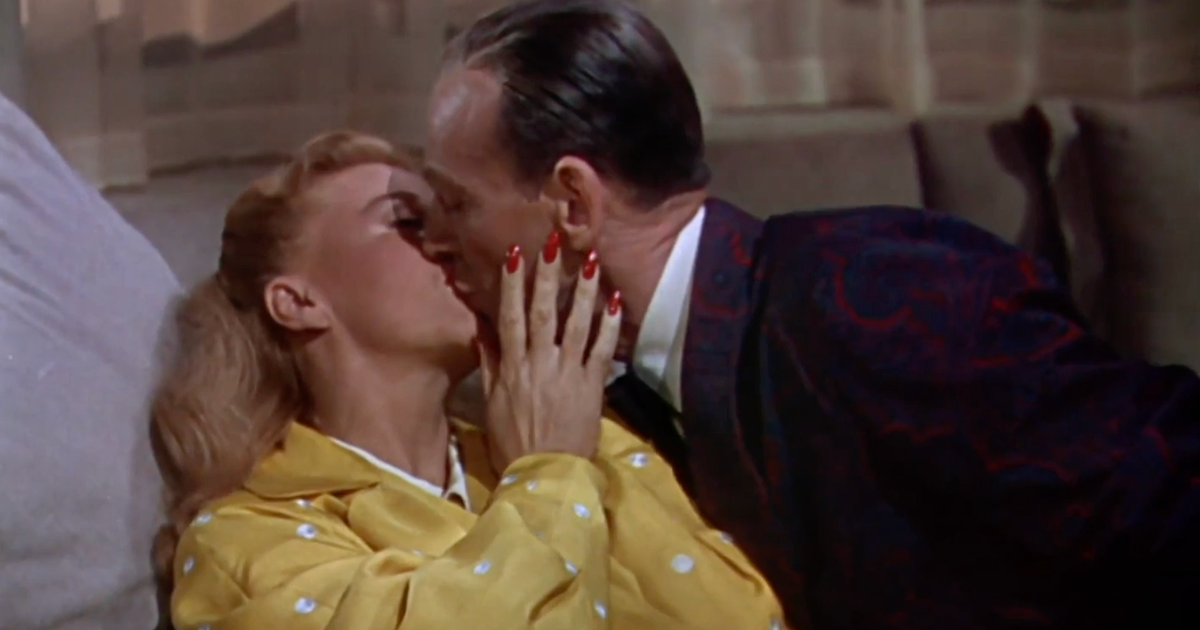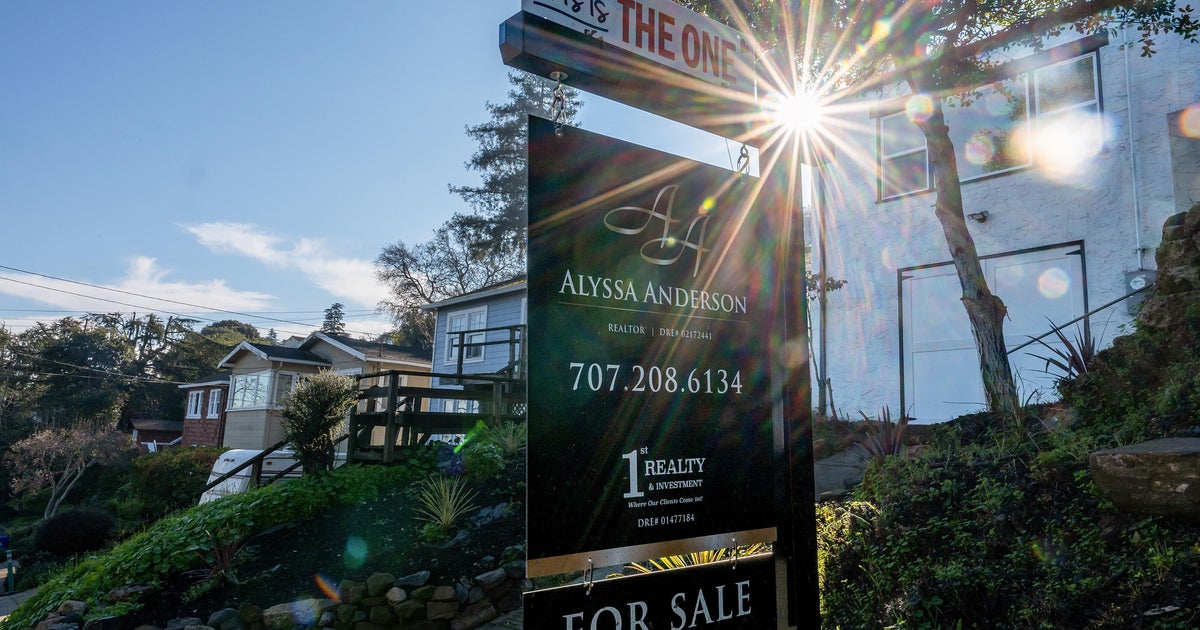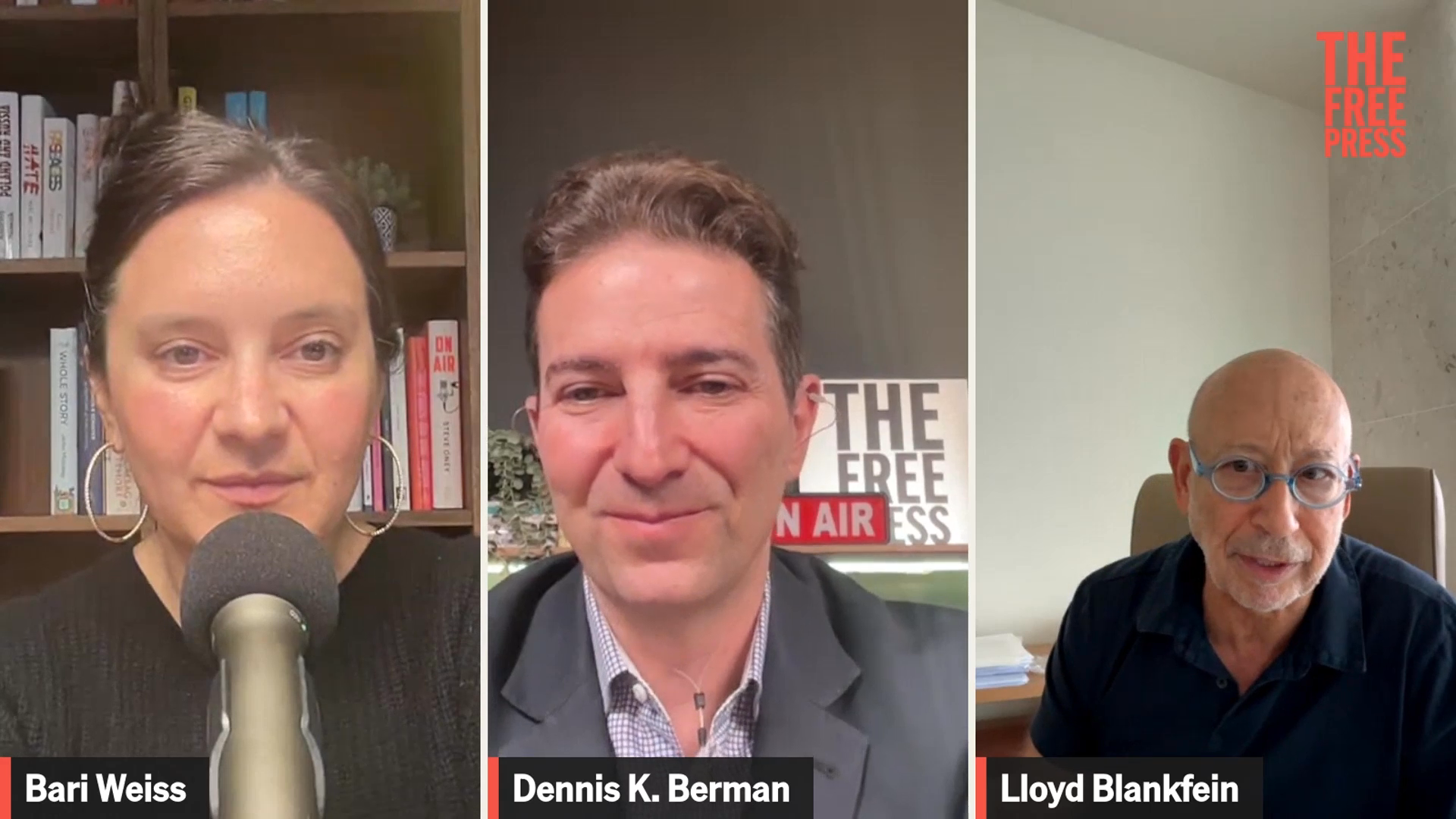"Where is the economy going?" This is what experts are saying about America's uncertain economic future
You've heard all about it: Inflation, recession, an economic future that's uncertain, at best.
To look into the economic fog from different angles, CBS News' chief political analyst and senior national correspondent John Dickerson turned to the pros.
"I would say for sure the economy has overheated," said Lloyd Blankfein, formerly the CEO of Goldman Sachs and now its senior chairman.
"Everybody is saying, 'Where is the economy going?'" he said. "And I think a good point to make is it's hard to predict the future, but right now it's hard to predict the present."
And in the world of economics, there's the big picture and the smaller picture for each household.
"Even if you're doing well, when you hear 'recession,' when you hear 'inflation at a 40-year high,' that makes you feel like, whoa, what's gonna happen to me?'" said Michelle Singletary, author and personal finance columnist for The Washington Post.
On Wednesday, the Federal Reserve announced it is again raising interest rates to combat inflation, which in June stood at 9.1% over a year ago — the biggest increase in more than 40 years. And on Thursday, the government reported that the gross domestic product fell for the second straight quarter, a signal that the economy may be in a recession, though we'll have to wait months to see if economists assign that formal term.
"There's a not insubstantial chance that we have a recession," Blankfein said. "I don't think it's baked in the cake. Some people say we're already in a recession. A lot of people say a soft landing is very, very unlikely."
Soft landing is what the Federal Reserve is trying to engineer: raising rates to cool the economy without initiating a job-killing recession. It's very hard to do.
"In most recessions, you don't have a soft landing," Blankfein said. "The Fed tightens and jobs are lost, companies not only reduce their hiring plans, they shrink. We're starting from a different place. The financial system is in good shape. There's more jobs than there are people to fill those jobs."
Singletary said it's "very important" for people to pay attention to how the Fed's actions can affect their financial decisions.
"What the Fed is doing is trying to beat back inflation. And so, by raising rates, it's going to cost you more if you need a mortgage," she said. "It's going to cost you more if you need an auto loan. It's going to cost you more if you are carrying credit card debt."
So how did we get here? Well, the pandemic seems to have played a role.
"Fifty years from now when they write about the history of the period, they'll put it in its place and it'll fit nicely and neatly in a pattern," Blankfein said. "But where I'm sitting now, it seems quite different. We shut down the economy. People were kept out of their jobs. It was like we shut off a valve. It wasn't the natural order of things."
The unemployment rate now stands at 3.6%, about where it was before the pandemic, and almost a 50-year low. Yet 58% of Americans are believed to be living paycheck to paycheck.
"That's the category that is the most difficult," Singletary said. "It makes me tear up because people are like, 'Well, what do you advise for them?' I wish I had a pat answer, but I don't, other than, 'You've got to spend smarter. Save whatever you can. And perhaps, housing, that's one of the biggest areas of people's budget. If you can, live with someone or have a roommate.'"
Singletary and her family live that advice. Her three 20-something kids live at home, saving their money instead of putting it toward rent.
But if you're feeling comfortable, she said, don't take rash action — selling stock that over time will rebound if you keep it — and keep spending. She worries the public might slip into a doom loop which will scare the country into an even worse economic spot.
"Those are the folks we need to not panic because we need you to spend," Singletary said. "We need you to go out to the restaurants. And when you go out, tip that server more than 20%. You know, be generous. You can afford to be generous. Because if they pull back, the very thing that we're trying to avoid, which is a deep recession, will happen."
To Blankfein, it's unclear if we're going into a recession.
"We might go into a recession, we might not. But if I were managing the risk in my old job, managing the risk of a big building, or in my household, if I thought there was a 30% chance, let alone a 60% chance of a severe slowdown, I'd be starting to get very conservative about what I spend," he said.
"What difference does it make whether Lloyd Blankfein thinks there's a 70% chance or a 30% chance? A 30% chance is a very big risk to go to sleep with every night and worry about what might happen in the next week or the next couple of months," he said.
Singletary is the director of a ministry at her church where she helps parishioners with their finances. Recession or no recession, she has one consistent sermon.
"The one thing I hope that we learn now, and through every type of economy, is to not rely so much on debt," she said. "We are living the American dream on borrowed money. We borrow for our house. We borrow for our cars. We borrow to send our kids. We borrow to go on vacation. We even borrow to eat a meal out when we put it on the credit card.
"And then when we have an economic downturn, people don't have a cushion. And so, I try to get people to hate debt. I hate debt. I hate debt so much that if it was a person, I'd slap it. That's how much I hate it."
Singletary and Blankfein agree on this: there is a glut of economic and political punditry that makes people jittery. While you're living in the micro, they advise taking the macro, long-term view because over time, the U.S. economy has always recovered.
"The system we have is kind of nimble and resilient," Blankfein said. "You're always anxious about things that are unresolved compared to things that happened in the past that are already in the can and already in the history books and we know the world didn't come to an end."
Singletary said it's OK to feel nervous.
"Don't panic. Well, no, you know what? Panic. Go ahead. Scream..." she said. "Let it out because we shouldn't tell people not to panic. It's human to panic when you see all these headlines… But don't act on that panic in a way that will be worse for you."



